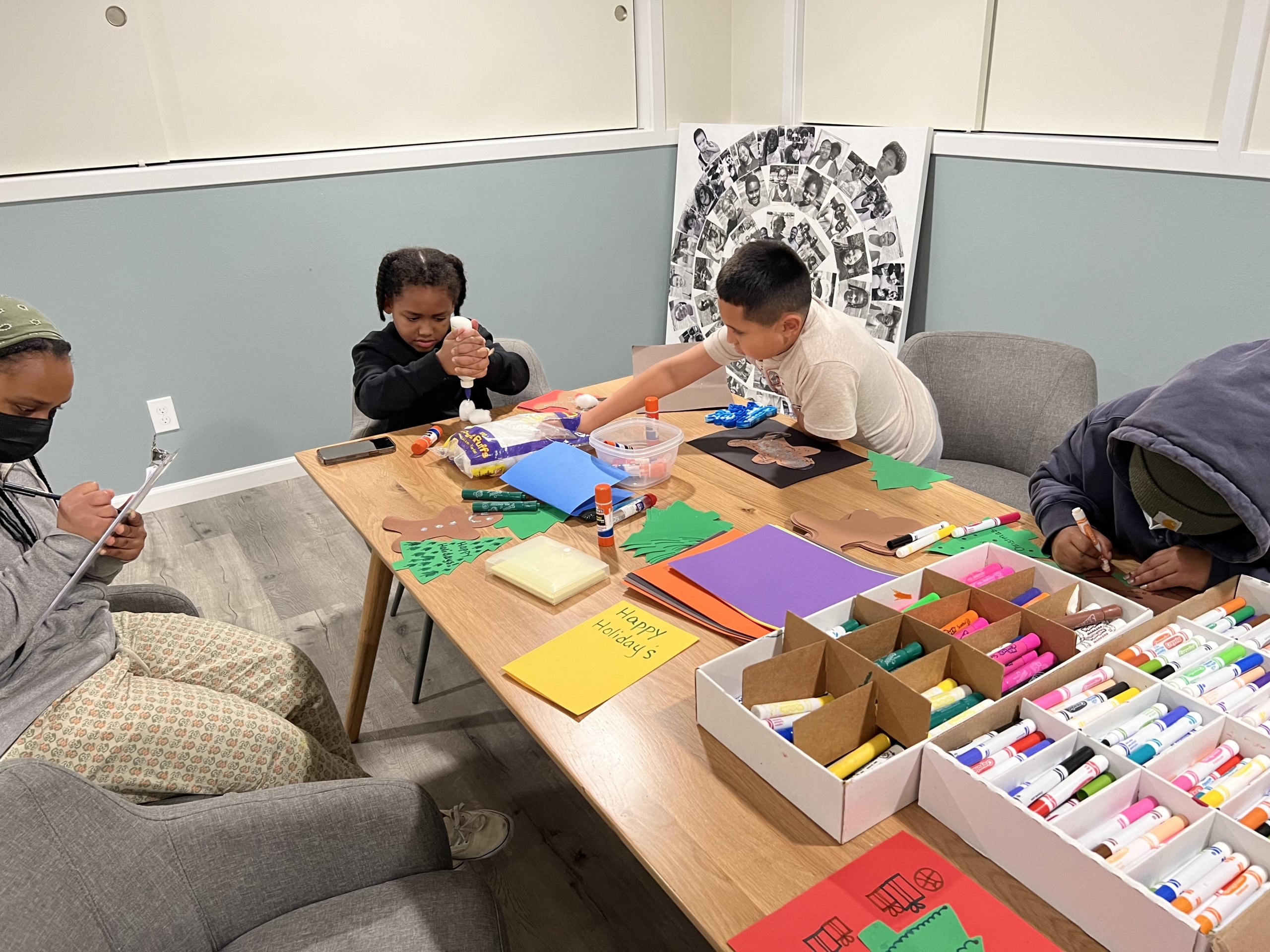SAJE: A Restorative Approach to an Imbalanced Justice System

“In the thousands of years of Indigenous culture studied by anthropologists, they have yet to uncover a jail.” –Hopi Elder Stephanie Autumn.
Imprisonment was never our way. We tribal communities governed ourselves with values passed down through morals and honor. Once upon a time, that was enough.
With the plunge of the first steel pitchfork into our amber waves of grain, the fabric of our traditional community structure was torn. Western “civilization” stole our land, severed our language, oppressed our people with borders and subjected us to a capitalist society.
Then they came for our souls.
Our children were taken from their homes and sent off to residential boarding schools where civilization intended to “kill the Indian and save the man.” To their dismay, we Indians survived. But now civilization takes the parents and sends them off to prison for “reform.”
Whereas incarceration is a Westernized construct, following this model means that we never truly address the root causes of an individual’s failed morals, which is often underpinned by a lifetime of unreconciled intergenerational and historical trauma. Naturally, these traumas are more pervasive in BIPOC (Black, Indigenous and People of Color) communities, for having borne the brunt of colonization since time immemorial.
But just as residential boarding schools were an institution of indentured servitude and abuse — physical, sexual and mental — so is today’s prison pipeline.
An incarcerated individual’s chance for personal restoration and healing is typically diminished by lost prospects and devalued self-esteem. While opioid and other substance misuse — abuse and trafficking — usually leads to incarceration; intergenerational and mental trauma, compounded by stigma and limited job opportunities due to previous incarceration, are some of the main contributing factors to recidivism and continued substance misuse. It is a vicious cycle in which a loved one’s incarceration can break families, many times causing youth to inadvertently repeat the missteps of their parents.
Incarceration as reform is a futile approach. Even more so for our many culturally diverse indigenous communities whose blood memory is only adept to respond to a sense of communal value and support. In the absence of these traditional structures, indigenous communities suffer the greatest.
Native American incarceration in the U.S. increased 85% between 2000 and 2020, which exceeds the percentage of growth for the total jail population during that same time period. As a result, “American Indians,” which make up only 1% of the U.S. population, represent 2.1% of federal incarcerates. The incarceration rates for Native women and youth are the highest among these statistics, giving way to a tapestry of broken families, which further undermines our cultural values.
In a proactive effort to address the disparities in the American justice system and implement restorative practices based on traditional structures, a group of dedicated tribal citizens established Shinnecock Advocates for Justice and Equity, otherwise known as SAJE. The mission of SAJE is to support families impacted by the prison pipeline and eliminate recidivism on Shinnecock.
SAJE formed as a follow-up to the Substance Abuse and Mental Health Services Administration’s (SAMHSA) Tribal Opioid Response (TOR) grant that awarded to Shinnecock Nation in 2020. When the Nation’s TOR grant ended, key personnel from the project formed SAJE under the umbrella of the 501(c)(3) nonprofit Blossom Sustainable Development, a substance abuse and mental health counseling service founded by Shinnecock citizen Aiyana Williams, LCSW. The committee meets weekly with the urgent intent to continue the TOR grant work to address the effects of the opioid epidemic and its related issues.
SAJE has recruited members from other New York State tribes in its plight, as Shinnecock is just one of hundreds of indigenous communities across Indian Country impacted by the prison pipeline. Through its efforts, the committee has already gained the support of local community leaders and other mental and behavioral health representatives in New York State.
A pivotal meeting with Suffolk County Drug Court representatives helped SAJE to realize that Shinnecock citizens were not receiving the same opportunities for treatment as their non-BIPOC neighbors. Instead, many Shinnecock citizens have repeatedly gone through the criminal justice system without ever being offered the mental health or addiction treatment services they truly need.
A community assessment survey issued by SAJE revealed that Shinnecock citizens who were immediate family to an incarcerated individual expressed the needs for their loved ones’ wellbeing as: mental and physical health services, cultural resources and ceremonies, and inclusion and interaction with the community to strengthen family ties.
However, now that the New York State Department of Correction and Community Supervision (DOCCS) has eliminated family’s ability to ship or bring boxed goods to loved ones, several Shinnecock incarcerates have expressed a need for additional support.
“When given a job assignment, I am on a fixed income; less then $12 every two weeks. With the continued increase in prices, trying to purchase the necessary items such as toiletries and food has become really problematic. Even when I can get outside family support it is still an issue,” a Shinnecock citizen wrote from Wende Correctional Facility.
A monthly income of $24 barely covers the cost of making a week of sandwiches, let alone the need for a toothbrush or socks. Meaning, the burden of providing these basic necessities ultimately falls to the family, which typically consists of single mothers or elderly parents already caring for young children.
In addition to establishing a food sovereignty bank to assist families with the burden of supporting their loved ones, SAJE’s other initiatives include transportation for families to visit incarcerated loved ones; counseling visits; a restorative practices reentry curriculum; and welcome home ceremonies for curriculum participants. Upon reentry, SAJE hopes to provide individuals with peer support groups, parole and probation transportation, housing assistance and job training.
Recognizing that incarceration causes irreparable damage to all involved, SAJE believes that connection to family, community support, and cultural tradition is the path to restorative reform for Native peoples entangled in today’s failing prison system. It is the families, especially children, who suffer most from the void of a parent, which can potentially develop into feelings of shame or hopelessness. SAJE’s intention to remove the stigma of incarceration for the individual and their families can mean the difference between changing history and history repeating.
“While our progress may only be incremental due to a lack of funding, our commitment to our community remains steadfast. If we can help just one person, one family, we strengthen Shinnecock, our surrounding communities and ultimately society,” said Meesha Johnson, one of SAJE’s six core members.
Tis the season for giving. To make a tax deductible donation to SAJE and its many initiatives, CashApp: $SAJE4Families or look for SAJE on indiegogo.com.
For more information or to stay informed about SAJE progress and events, email SAJE4families@gmail.com.
To learn more about the incarceration rates of Native Americans, visit prisonpolicy.org/blog/2020/04/22/native.
Dyáni Brown is a citizen of the Shinnecock Nation. She is a freelance writer, television and film entrepreneur, and communication and marketing specialist. To view her portfolio, visit about.me/dyanibrown.



